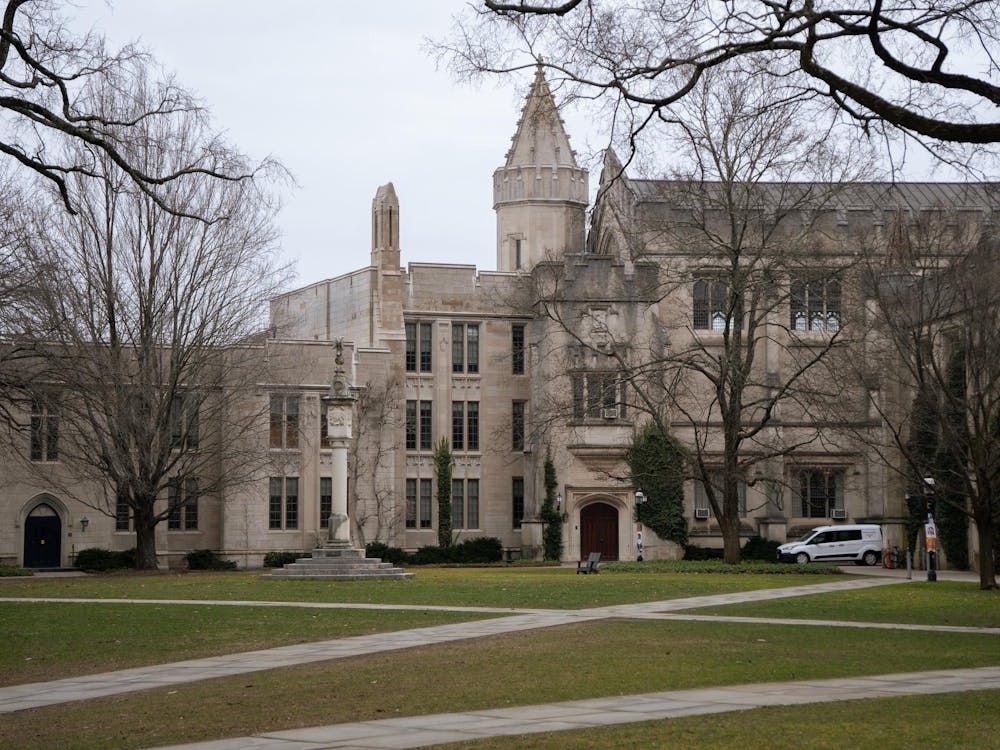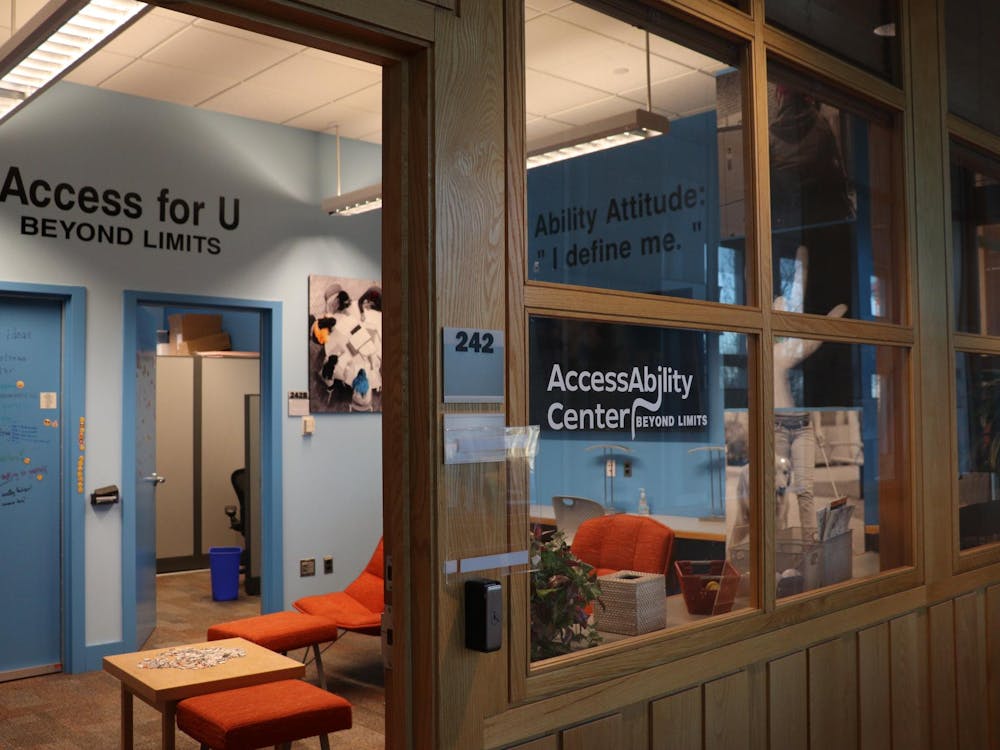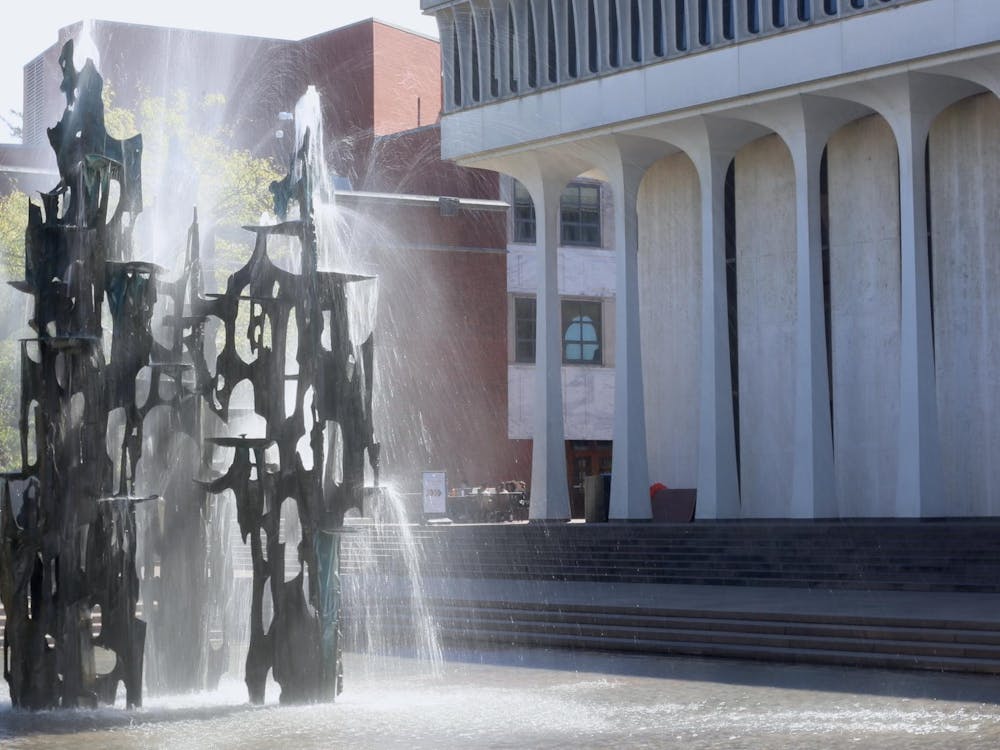The use of the construction “Princeton in” in a recently launched postgraduate fellowship started by a group of University alumni is being questioned by University officials. Administrators and the founders of the “Princeton in the Middle East” program will soon meet to discuss ways to address the issue.
The challenge to the use of the construction “Princeton in” by international initiatives comes after the University launched a report titled “Princeton in the World” in 2007. The report provides guidelines for the University's strategy to become more globally engaged.
Despite the fact that independent organizations with the phrase “Princeton in” have existed for decades, administrators said the 2007 report also created a new strategy when it came to dealing with the University name.
“Today, we are not in a place where we want to allow external organizations to use our name. It comes down to that,” Vice Provost of International Initiatives Diana Davies said. Davies oversees international programs and works to support new study abroad programs run by the University.
PriME is the first independent fellowship program to use the University's name since the Princeton in the World report was released, Davies explained. PriME founder Colleen McCullough ’12 said that PriME recently began filing paperwork to register as an independent nonprofit organization.
McCullough explained she was recently made aware that the University took issue with PriME's name when she was contacted by officials. McCullogh and other representatives from PriME declined to comment on the ongoing discussions with the University regarding the use of the phrase “Princeton in.”
“It’s clear to me that they can’t legally continue to use the ‘Princeton in Middle East’ name absent permission by the University, and it’s also equally clear to me that that permission is not likely to be forthcoming,” University General Counsel Peter McDonough said. “Certainly, the use of the introductory phrase 'Princeton in' is something that the University needs to authorize and approve,” he added.
Three independent nonprofit organizations using the 'Princeton in' name currently sponsor international fellowships, primarily targeted at postgraduates. Princeton in Asia was founded in 1898, Princeton in Africa in 1999 and Princeton in Latin America in 2002. Davies noted that, since the University does not own these organizations, which she acknowledged was a confusing factor, her office must take into consideration whether an organization can take the Princeton name.
These organizations were created before the University decided to monitor more closely the use of the name “Princeton” following the 2007 report. The more recently established ‘Princeton in’ programs such as Princeton in St. Petersburg, have come out of the University’s academic departments and are directed toward current undergraduates.
“We run those, we own those, we pay for them, we control those,” Davies noted. “But Princeton in Africa — even though we have a majority on the board, we don’t own it.”
When McCullough first created PriME, she approached the University. At a meeting, officials suggested that she approach one of the already existing 'Princeton in' organizations, Davies said. McCullough then contacted the Princeton in Africa program in order to send an inaugural fellow to Morocco, explained Katie Henneman, Executive director of PiAf. The program sent Tal Eisenzweig ’12 to Rabat that same year.
“We consider it a PriME-sponsored post,” Henneman said, explaining that McCullough selected the host organization, and PiAf approved it after review. The Amadeus Institute in Morocco provided half of the funding for the fellow, and PriME provided the other half.

However, PiAf is no longer working with PriME and is not involved in the disputes between PriME and the University regarding the name, Henneman noted.
“My suspicion is that the folks who branded their names as [‘Princeton in’] simply presumed that it is acceptable for them to do that,” Peter McDonough, general counsel of the Office of the General Counsel, said. The Office of the General Counsel provides legal advice to the University.
PiAf’s bylaw states that the University must maintain majority control of its Board of Directors.
Davies and PriME have started initial correspondence regarding PriME's name, and Davies said they hope to have a discussion at some point in the near future.
Meanwhile, PriME will announce its 2014-15 fellows in the next few weeks.
“It’s going very well, and we have really strong applicants,” McCullough said. PriME is currently working with Endeavor, its host organization this year, even though PriME is not yet a registered nonprofit organization.
In her forthcoming discussion with PriME, Davies said she hopes to talk about more than just its use of the ‘Princeton in’ name.
“It’s not just a matter of using the name, but how do you express what your relationship is to the University,” she said.








